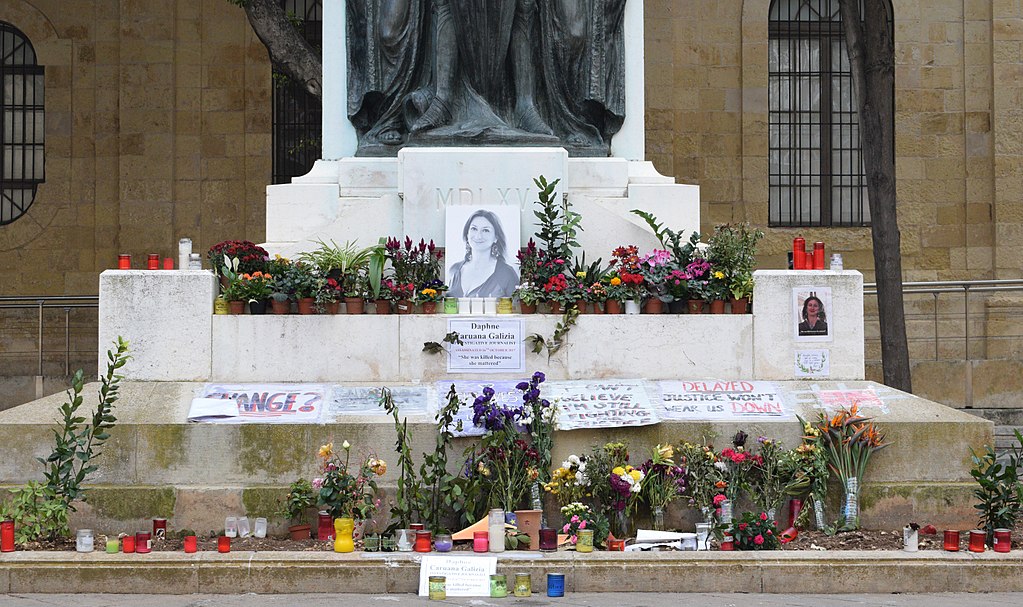Caruana Galizia was killed by a car bomb just outside of her home in 2017. Three suspects were arrested two months later, though they have continually denied their involvement and are not believed to have been the orchestrators.
In the resolution, Prime Minister Joseph Muscat stands accused of allowing corruption to go unpunished, of weakening the police and the judiciary, and of allowing an environment in which Caruana Galizia's murder became possible.
Though two Maltese delegates spoke out against the resolution of the Council of Europe, it passed on Wednesday with a sweeping majority.
In the text, the Council noted several missteps of the Maltese officials tasked with investigating the circumstances of the murder, including their failure to collect all of the necessary evidence, to remove individuals with conflicts of interest from the case, and misleading statements about the true progress of their investigation.
The resolution also raised the “possibility that the Maltese security service may have had prior intelligence about the murder plot.”
Finally, the Council of Europe called upon Malta to set up an independent public inquiry within the next three months in accordance with Article 2 of the European Convention on Human Rights, and stated that they will be tracking Malta’s progress on this front.
Following the resolution, Caruana Galizia’s family released a statement saying that Prime Minister Muscat has “nothing to fear but the truth,” according to Malta Independent.
They added that the resolution “brought our family closer to the truth: that Daphne would still be alive today if corruption in Malta were properly investigated and prosecuted by the authorities.”
Last year, OCCRP was part of The Daphne Project, which completed and published the investigations that Caruana Galiza had been working on before her murder.
According to the Times of Malta, Maltese officials had sought to “water down” the language of the Council of Europe’s resolution, and tried to remove several lines and passages that were critical of the government.

